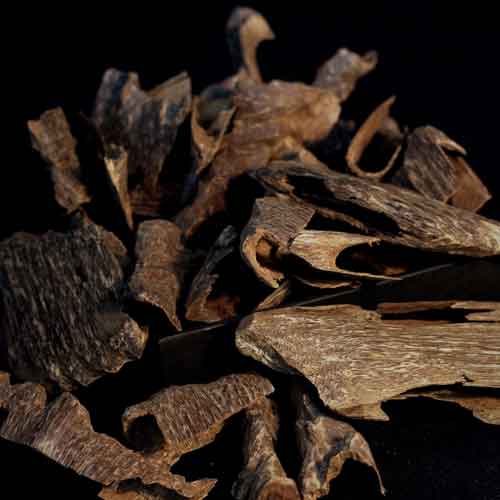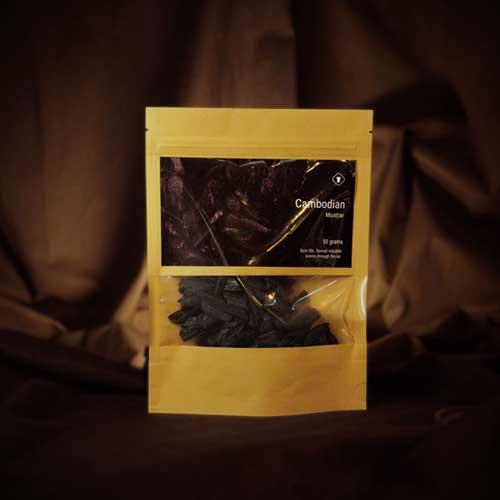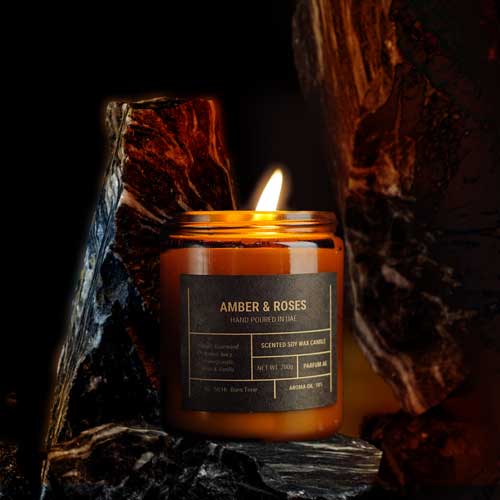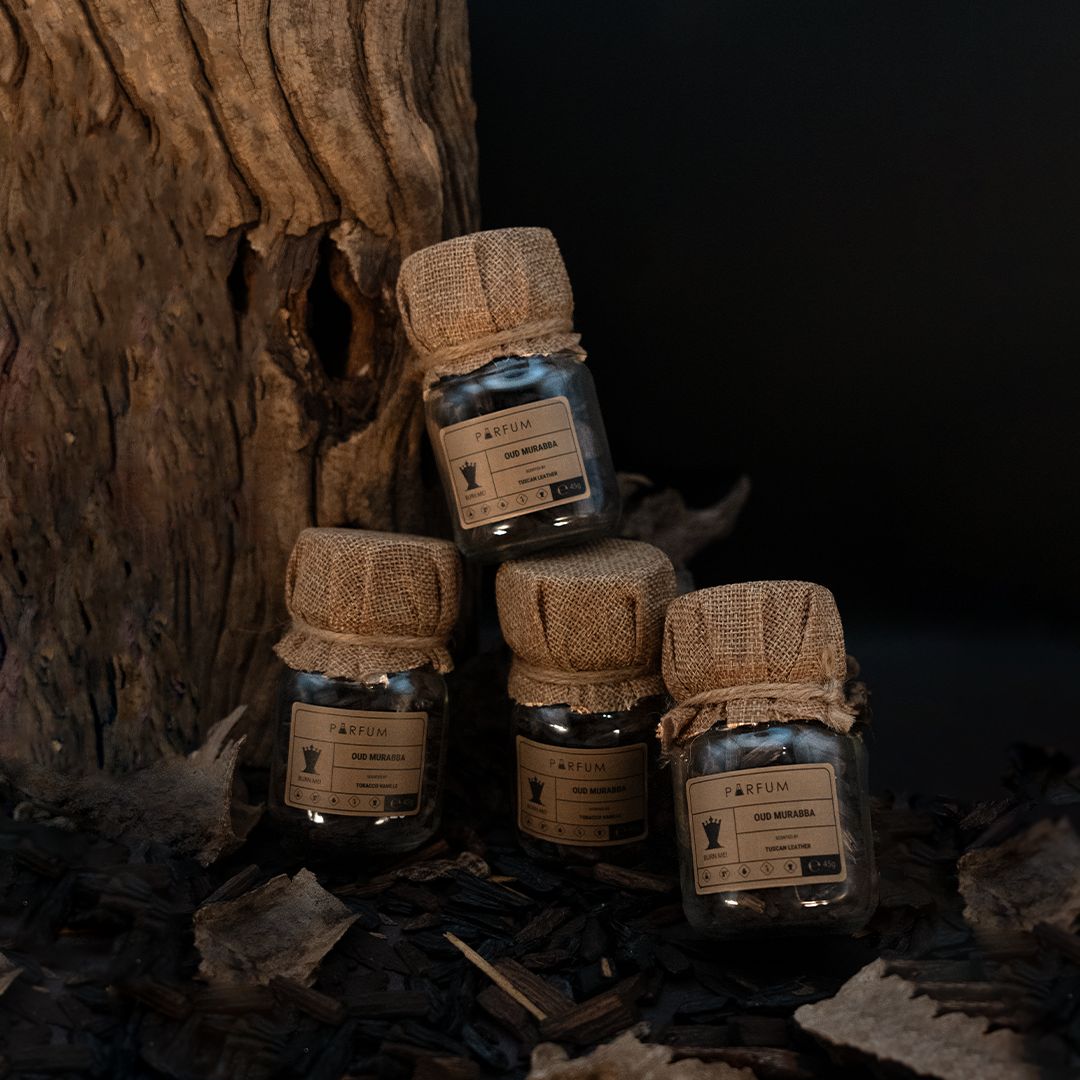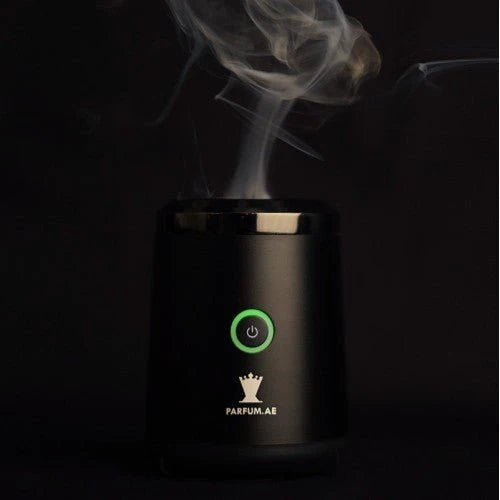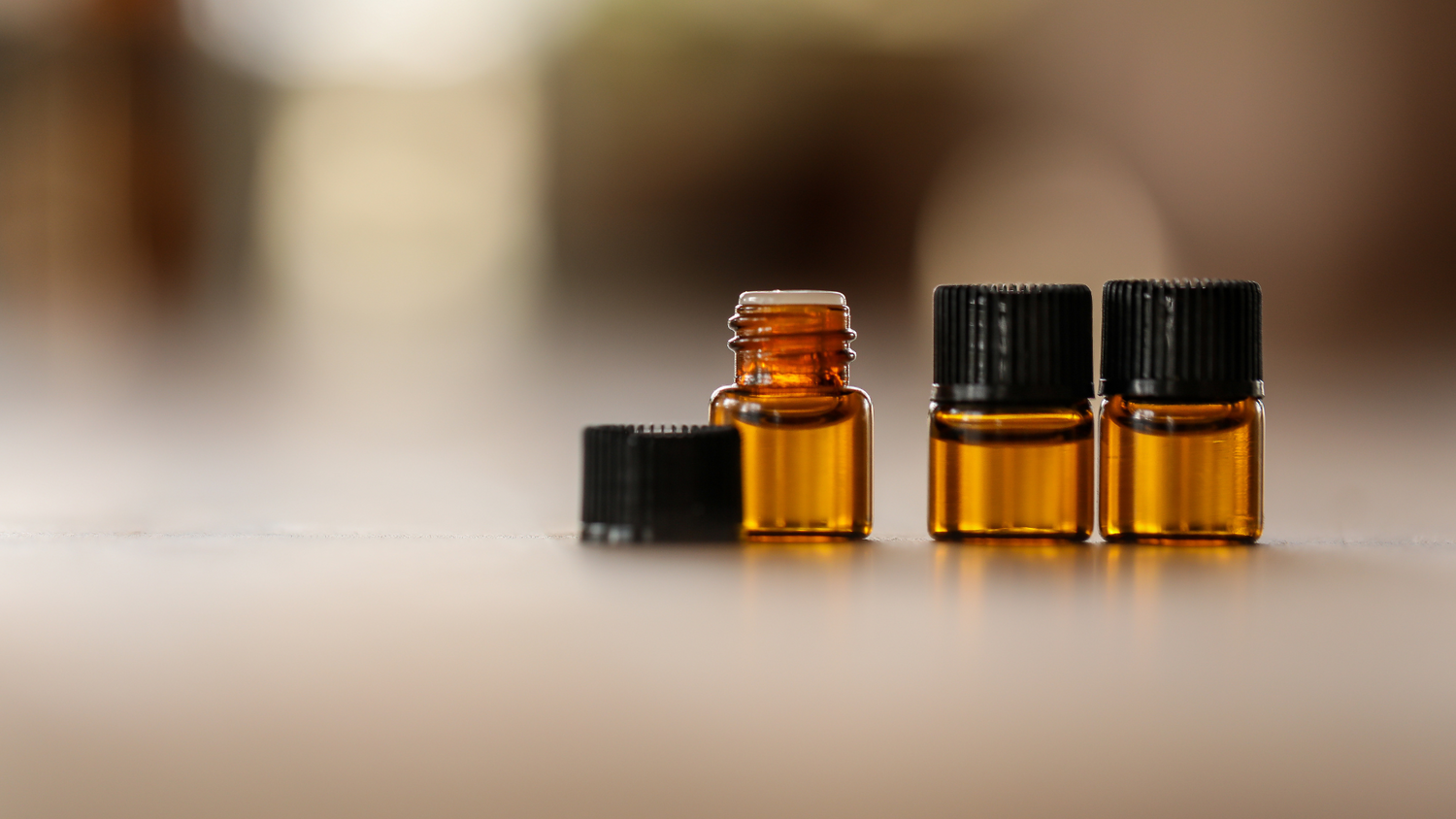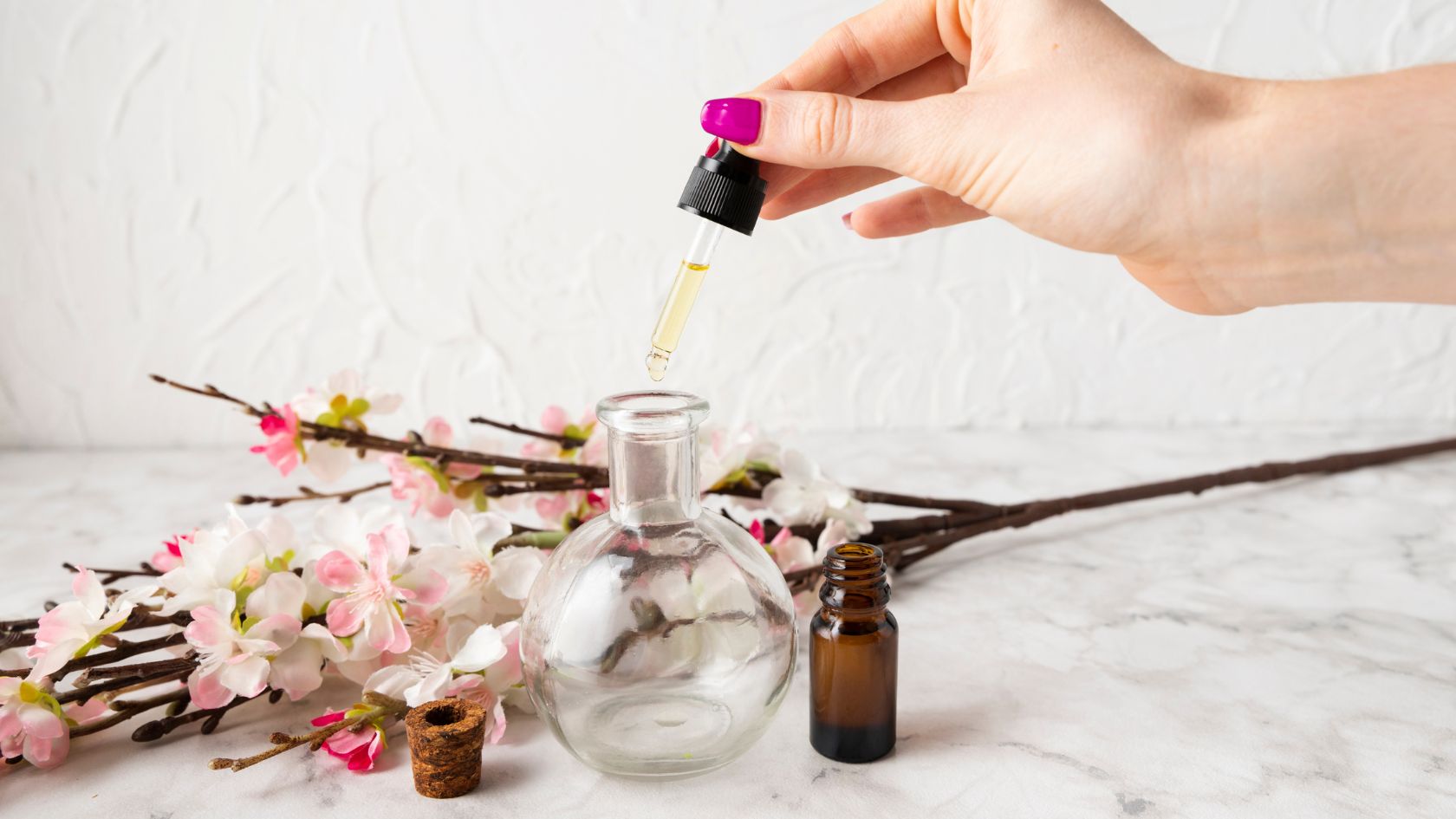Perfume oils have captivated the senses of cultures worldwide for centuries, offering a more intimate and personal scent experience compared to alcohol-based fragrances. These oils, concentrated and potent, provide a unique olfactory signature that can be more enduring and personal. This comprehensive guide delves into the different types of perfume oil, and their myriad applications, from personal scents to therapeutic uses.
Understanding Perfume Oils
Fragrance oils are concentrated aromatics composed of natural or synthetic ingredients without alcohol. These fragrances tend to last longer on the skin due to their concentration and the absence of quickly evaporating alcohol. If you're delving into the world of perfume, consider visiting established perfume websites that provide a variety of options and insights into both the latest trends and classic scents.
The Diversity of Perfume Oils
The variety of perfume oils is vast, encompassing everything from single-note scents to complex blends that mimic the structure of traditional perfumes with top, middle, and base notes. Some of the most popular essential oils for perfumery include lavender, rose, sandalwood, and citrus, each offering its own unique aroma and blending capabilities.
- Single-Origin Essences: These are made from one type of flower or plant source and are prized for their purity and intensity.
- Blended Varieties: These combine two or more oils to create a balanced and layered scent. Blenders often use a mix of floral, woody, and citrus notes to achieve a harmonious scent profile.
- Synthetic Options: Developed in labs, these can replicate natural scents or create entirely new ones. They are often used to produce consistent and hypoallergenic fragrances.
Different Types of Perfume Oils
Fragrance essences are often categorized by their source or the main scent family they belong to, including:
- Floral Oils: Extracted from flowers, these are among the most traditional and widely used in perfumery.
- Woody Oils: Derived from woods and barks, known for their rich and earthy notes.
- Citrus Oils: Extracted from the rind of citrus fruits, known for their refreshing and lively characteristics.
- Spicy Oils: Derived from spices, these essences can add warmth and intensity to a fragrance blend.
- Herbal Oils: Extracted from various herbs, offering fresh, green notes.
For a more in-depth exploration and personalized guidance, consider our service to create own perfume, where you can experiment with a variety of essences under expert guidance.

Applications of Perfume Oils
Fragrance essences are versatile and can be used in various ways, making them a favorite among fragrance enthusiasts and professionals alike.
- Personal Perfumery: Apply directly to the skin, particularly at pulse points where the body’s natural heat will release the scent throughout the day.
- Aromatherapy: Many perfume essential oils also have therapeutic properties that can help to relieve stress, boost mood, or even promote better sleep.
- Home Fragrance: Used in diffusers or as part of homemade cleaning products, perfume oils can infuse your living space with a pleasant aroma.
- Cosmetic Use: Perfume oils are often used as a scenting agent in lotions, soaps, and other personal care products.
Crafting Your Own Perfume Oil
Creating your own perfume oil can be a fulfilling and creative hobby. Here’s a simple guide to get you started.
Begin by selecting from different types of oud, floral, or citrus oils based on your scent preferences. Once chosen, mix these essences together; start with your base notes, then incorporate the middle notes, and finally, add the top notes. If you prefer, dilute the mixture with a carrier oil to ensure it's safe for skin application and to enhance its longevity. After mixing, allow your blend to sit for a few weeks, giving the scents time to meld and develop fully.
Conclusion
Perfume oils offer a deeply personal way to experience fragrance. Whether you are drawn to types of attar, classic florals, or vibrant citrus blends, there is a perfume oil to suit every preference. By understanding the different types of perfume oil and how to use them, you can enhance your daily routine or even embark on a journey of creating your own signature scent. Remember, the world of perfume essences is as rich and varied as the scents themselves, inviting both beginners and connoisseurs alike to explore its depths.

